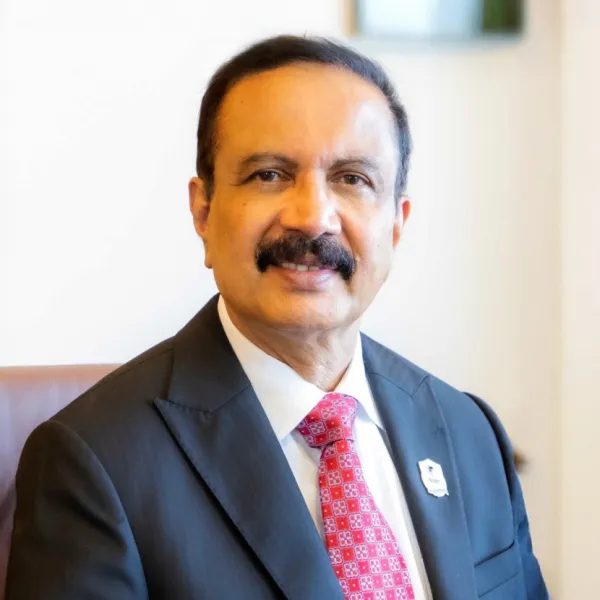India’s Healthtech Sector: From Struggles to Potential Revival

India’s healthtech sector has long been overshadowed by the more dominant industries within the country’s startup ecosystem. Although healthtech startups have raised over $7 billion across 886 deals since 2014, this figure pales compared to the larger $150 billion secured by Indian startups during the same period.
According to Inc42’s ‘The State Of Indian Startup Ecosystem Report,’ the disparity highlights the lack of investor focus on this critical sector.
Where e-commerce and fintech have dominated the landscape with significant funding—raising $34 billion and $29 billion, respectively—healthtech has been a distant contender. Telemedicine and fitness and wellness sectors have led the charge within healthtech, raising $2.2 billion and $1.9 billion, respectively.
Online pharmacy startups also performed well, securing $1.7 billion. However, the sector has struggled to keep pace with its peers.
Unicorns Lag Behind
The healthtech sector, despite its importance, has struggled to produce unicorns. As of now, there are only eight healthtech unicorns, including prominent names such as Tata 1mg, Innovaccer, Pharmeasy, Molbio Diagnostics, and Pristyn Care.
Furthermore, no new unicorns have emerged since 2022, indicating a stagnation in the sector’s growth. PharmEasy, once a rising star, faced a sharp 90% drop in its valuation to raise $216.2 million earlier this year, further highlighting the sector’s struggles.
Pandemic Boom Followed by Decline
During the pandemic, the healthtech sector saw a surge in demand for digital healthcare services such as telemedicine, online consultations, and online pharmacies. This led to an unprecedented funding boost. In 2021, healthtech startups raised $2.19 billion, a massive 4.8x increase compared to 2020’s $456 million.
However, this boom was short-lived. As the pandemic waned, so did investor enthusiasm. Between 2022 and H1 2024, the sector experienced a sharp decline, with funding dropping at a compound annual growth rate (CAGR) of 19%. Although the pandemic brought healthcare challenges to the forefront, it also led to a funding drought that has persisted.
The Struggles Facing Healthtech Startups
Healthtech startups in India face several barriers to growth. India’s healthcare system operates largely on trust, with patients relying on well-established providers. This makes it difficult for newer, tech-driven healthtech solutions to gain traction. Furthermore, the market is dominated by larger players, leaving little room for smaller, innovative startups to establish a presence.
Additionally, the business models of healthtech companies are capital-intensive, requiring substantial initial investments without any guarantee of immediate returns.
As a result, several startups have been forced to shut down. Notable examples include Kenko Health, which closed after five years despite raising $13.7 million, and other startups including DayTwo, Nintee, and ConnectedH, which also ceased operations recently.
Signs of a Funding Revival?
Despite the grim outlook, recent data suggests that healthtech funding could show signs of a potential revival. Healthtech startups raised $460 million in the first half of 2024—an impressive 2.8x jump from the $120 million raised in 2023.
A large part of this increase came from PharmEasy’s down round, which contributed $296 million to late-stage funding.
Additionally, growth-stage funding saw a year-on-year increase of 35%, with $138 million secured in H1 2024. These developments have given rise to cautious optimism about the sector’s future. Industry experts believe that this surge in funding could signal the beginning of a new growth phase for India’s healthtech startups.
Betting on Innovation for the Future
India’s healthcare system, despite its complexities, presents numerous opportunities for innovation. While the healthtech sector has faced its fair share of struggles, it remains a critical area for the country’s overall development. Investors are betting that new innovations could help solve longstanding issues in healthcare delivery, potentially leading to a resurgence in interest and funding.
The pandemic highlighted many flaws in the Indian healthcare system but also underscored the importance of technology in addressing those shortcomings. Startups that offer scalable solutions to specific healthcare problems will likely attract investor attention in the coming quarters. Key areas for growth include telemedicine, AI-driven diagnostics, and digital health records.
As the healthtech ecosystem matures, startups must build trust with consumers and healthcare providers. This will be crucial for the sector’s long-term success. While the road ahead is challenging, with the right mix of innovation, investor backing, and government support, India’s healthtech sector could be poised for a revival.
Conclusion: A Sector on the Brink of Change
India’s healthtech sector may have been overshadowed by the meteoric rise of e-commerce and fintech, but the recent uptick in funding suggests that the worst may be behind it. With investors looking to capitalize on innovative solutions and the government ramping up its efforts to support healthcare infrastructure, the sector could be on the brink of a revival.
Although challenges remain, the future could hold new opportunities for healthtech to finally step out of the shadows and become a key player in India’s startup ecosystem.
Disclaimer: The content provided on Digital Health News (DHN) is for informational purposes only and is based on publicly available information, industry reports, and expert opinions. While every effort ensures accuracy, DHN is not responsible for any losses, damages, or actions based on shared content.
Stay tuned for more such updates on Digital Health News





























